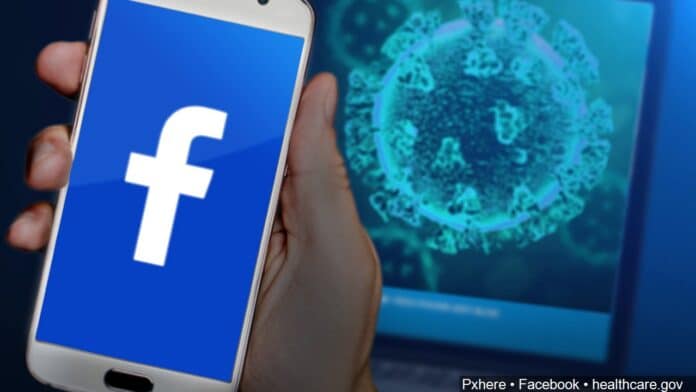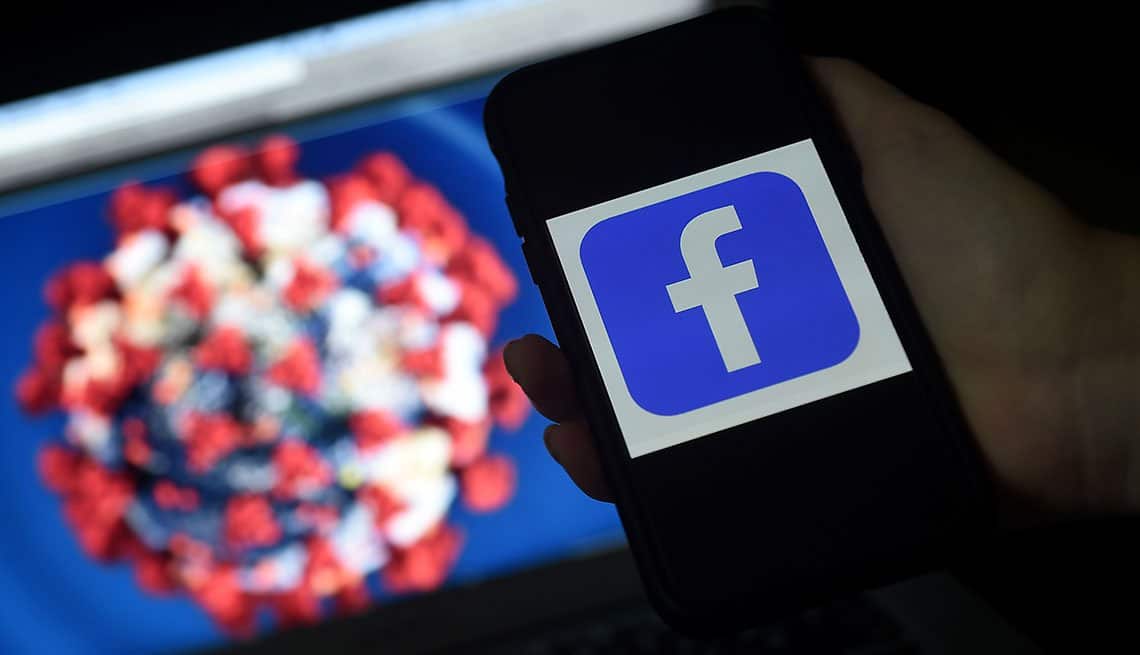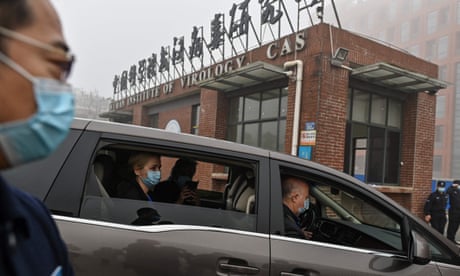
Facebook Inc. on Wednesday reversed its decision to not allow the claim that COVID-19 is man-made or manufactured on its platform. The social network’s reversal comes as new and emerging reports suggest the possibility that the virus could have been leaked from a lab in China can’t be ruled out.
Facebook said it removed more than 18 million pieces of content from Facebook and Instagram globally, from the start of the pandemic to April 2021, for violating policies related to COVID-19 and vaccines.
Facebook has lifted a ban on posts claiming Covid-19 was man-made, following a resurgence of interest in the “lab leak” theory of the disease’s onset.
The social network says its new policy comes “in light of ongoing investigations into the origin”.

In February, Facebook explicitly banned the claim, as part of a broad policy update aimed at “removing more false claims about Covid-19 and vaccines”. In a public statement at the time, it said: “Following consultations with leading health organizations, including the World Health Organization (WHO), we are expanding the list of false claims we will remove to include additional debunked claims about the coronavirus and vaccines.”

Anyone posting claims that Covid-19 was “man-made or manufactured” could have seen their posts removed or restricted, and repeatedly sharing the allegation could have led to a ban from the site entirely.
On Wednesday, the company said: “In light of ongoing investigations into the origin of Covid-19 and in consultation with public health experts, we will no longer remove the claim that Covid-19 is man-made from our apps. We’re continuing to work with health experts to keep pace with the evolving nature of the pandemic and regularly update our policies as new facts and trends emerge.”
The change follows a Wall Street Journal report that US intelligence sources believe there is some evidence to warrant further investigation of the “lab leak” theory. According to the newspaper, three staff members at the Wuhan Institute for Virology sought hospital treatment for flu-like symptoms in November 2019. Others have criticised the reporting, noting that it still relies on circumstantial evidence and speculation.




